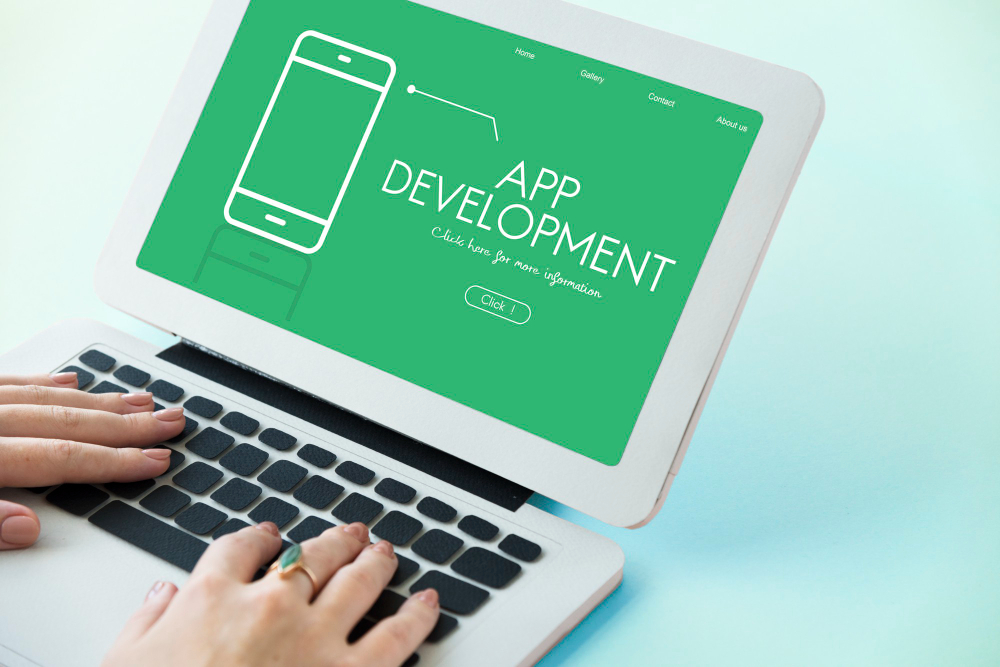You’ve just finished your masterpiece of an Android app, now what? You’re going to want to get it out there into the world, so you’ll need to decide how you want to handle backend programming languages. To help you with this decision, we’ve highlighted three of the best options in our infographic below. No matter what backend programming language you choose, make sure that it fits with your business needs and that you get the hosting you need to keep your app running smoothly for all users.
How do you write the code that powers your Android app? You might have heard of Java, but there are actually three backend programming languages every Android app developer should know about: Kotlin, Scala, and Clojure. In this guide, we’ll explain the difference between them and why you might want to use one or all of them in your next Android app.
Read Detailed Blog: Best Backend Programming Languages for Android App
What is backend programming languages for Android?
Backend programming languages are the languages that power the server-side of web applications. That means they’re responsible for tasks like storing and retrieving data, handling user authentication, and sending emails.
1) Java
As the most popular programming language in the world, Java is a great choice for developing Android apps. It’s easy to learn, has a huge community of developers, and can be used for a wide range of applications. Plus, there are a ton of great Java IDEs (Integrated Development Environments) out there that can make your life as a developer much easier.
Pros of Java
Java is a versatile and powerful programming language that enables developers to create robust, high-performance applications. Java is platform-independent, meaning it can run on any operating system, and it is also one of the most popular programming languages in the world. Plus, Java has great tools and libraries available, making it a great choice for Android app development.
Cons of Java
There are a few potential drawbacks to using Java for your Android app development. First, it can be more difficult to write efficient code in Java than in some other languages. Second, the runtime environment for Java can be quite resource-intensive, which can impact the performance of your app. Finally, because Java is a compiled language, it can be more difficult to debug than some interpreted languages.
2) Kotlin
Kotlin is a statically typed programming language that runs on the JVM and can be used to develop Android apps. Kotlin is known for its interoperability with Java, making it a popular choice for Android developers. Kotlin is a concise, safe, and null-pointer-safe language that makes development faster and easier. In addition, Kotlin has built-in support for functional programming.
Pros of Kotlin
Kotlin is a statically typed programming language that runs on the JVM and can also be compiled to JavaScript source code. Kotlin is concise, safe, interoperable, and tool-friendly.
Cons of Kotlin
Kotlin is a great language for many things, but it does have some drawbacks. First, it’s not as widely used as Java, so there may be fewer resources available when you’re trying to learn or debug. Second, Kotlin can be more verbose than Java, meaning that your code can take up more space and be more difficult to read. Finally, Kotlin doesn’t have full support on all platforms, so you may need to use Java for some parts of your app development.
3) Python
Python is a versatile language that you can use on the backend of your Android app. It’s easy to learn, and it has a wide range of libraries that you can use to speed up development. Plus, Python is a great language for prototyping and for getting your app up and running quickly. However, Python is not as fast as some other languages, so if performance is a concern, you may want to consider another option.
Pros of Python
Python is a versatile and powerful programming language that’s perfect for backend development. It’s easy to learn, and its syntax is simple and straightforward. Python is also very efficient, scalable, and portable. Plus, it has a large and active community of developers who can help you if you get stuck.
Cons of Python
One downside of Python is that it is not as fast as some of the other languages on this list. This can be a problem when your app needs to handle a lot of data or perform complex tasks. Another issue is that Python is not as widely used as some of the other languages, so finding developers who are familiar with it can be difficult. Finally, Python’s syntax can be confusing for beginners and its error messages are often unhelpful.
Final Take Away
No matter what language you choose for your backend, there are certain principles you should always keep in mind. Scalability, flexibility, and ease of use are key when it comes to building a successful app. By taking the time to learn multiple languages, you’ll be able to make an informed decision about which one is best for your project. The programming languages below have all been used by Android App Development Company in the UK. They’re built to simplify the process of developing on a server, so it’ll be easier for you to build that scalable, flexible application with ease!
